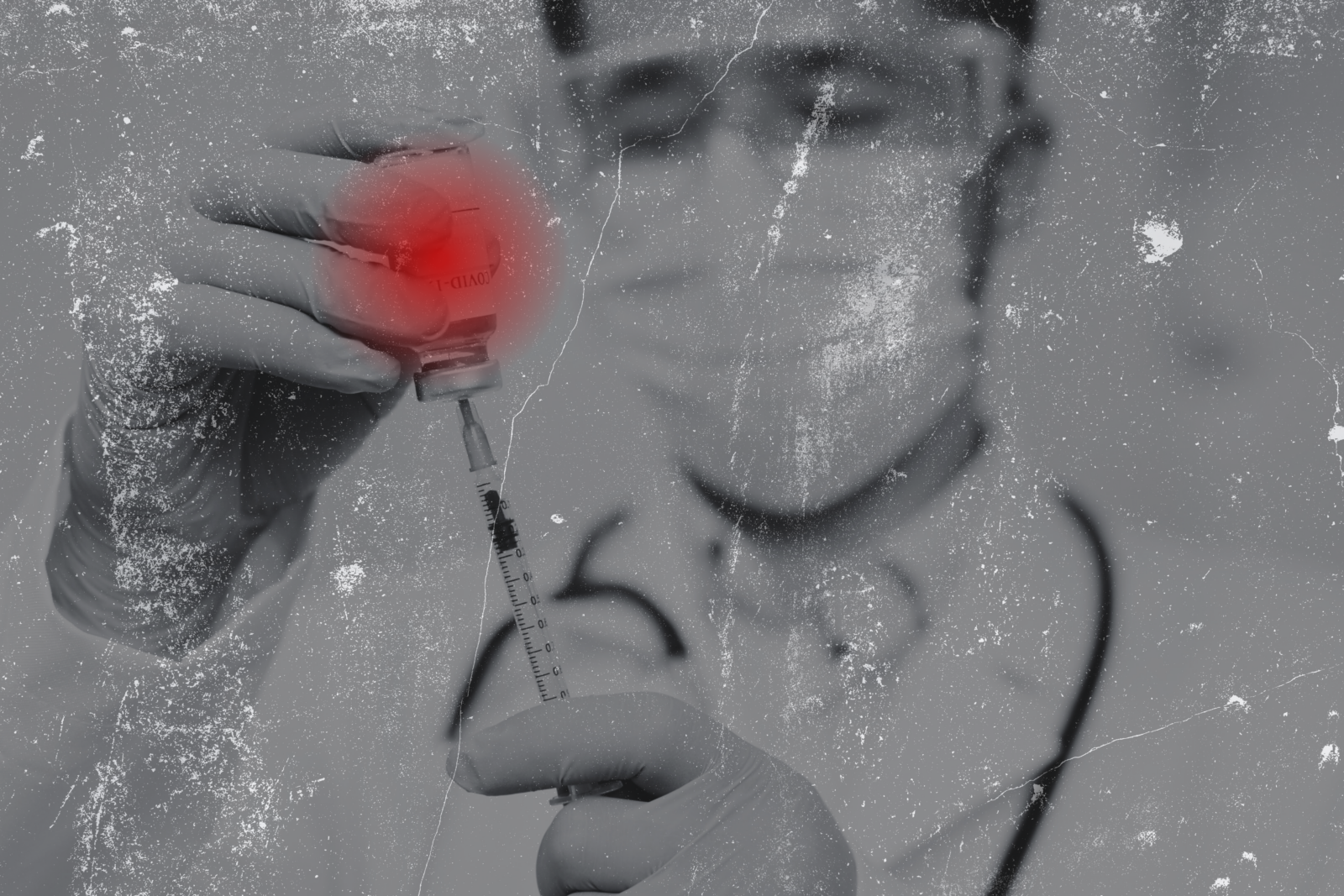

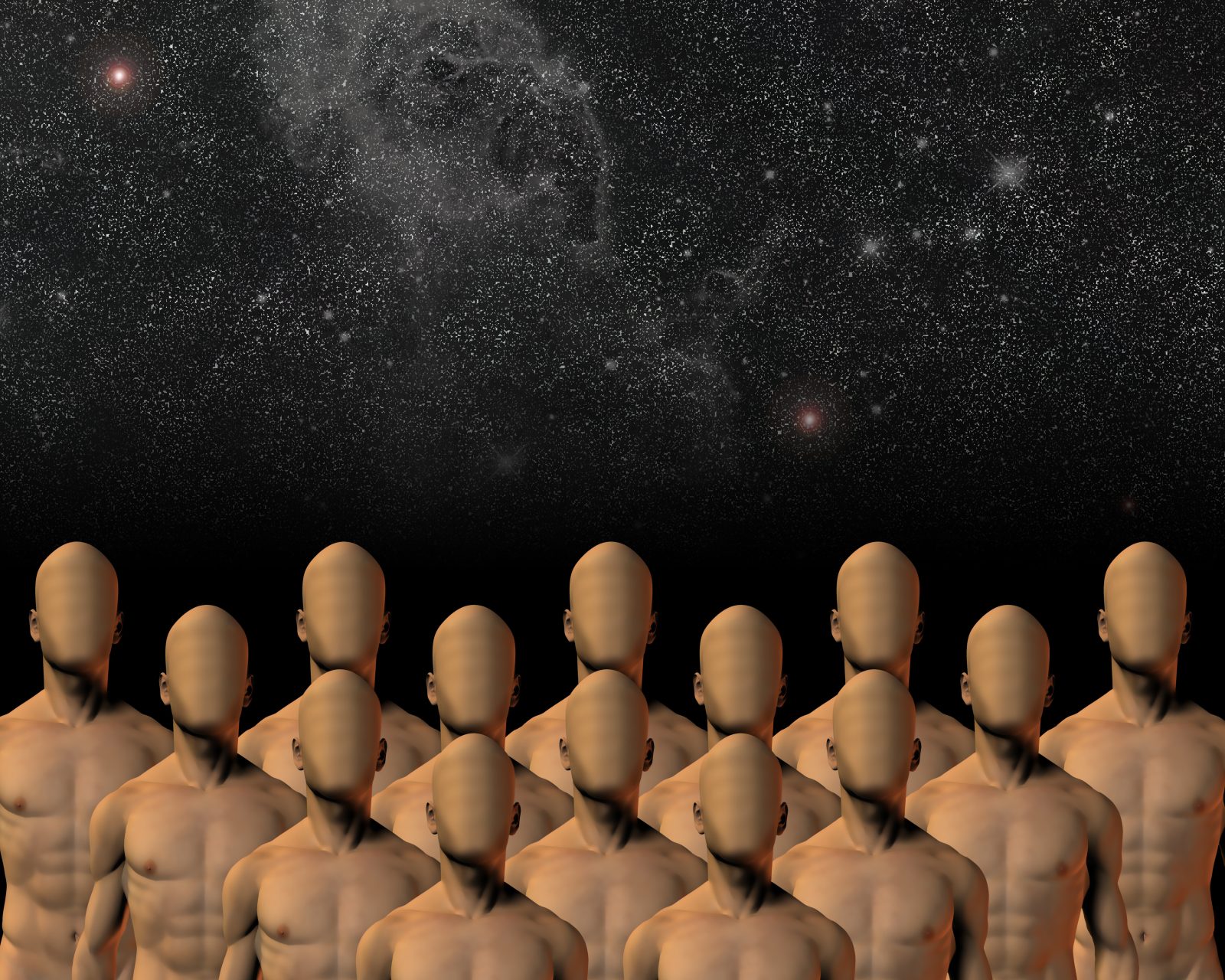
Wesley J. Smith, John West Decry the Demonizers and Dehumanizers
Today’s ID the Future brings listeners the second half of a panel discussion at the 2022 Center for Science and Culture Insider’s Briefing. This portion begins with bioethicist and Discovery Institute senior fellow Wesley J. Smith making a surprising argument: His own field, bioethics, is at war with true medical ethics. Specifically, its most prominent figures—hailing from elite universities in the United States and Europe—are dedicated to emptying our medical culture of traditional ethical standards that protect human rights and are guided by a commitment to inherent human dignity. Some leading bioethicists see human beings as of no more inherent value than yeast. Smith stands athwart this anti-human trend and urges listeners to wake up and push back. Then John West, managing director of Discovery Institute’s Center for Science and Culture, spotlights those who demonize people who have resisted demands to be vaccinated against the Covid-19 virus, with some even calling for such people to be restricted to house arrest, or imprisoned. West also notes that many of those calling for such strong-arm tactics make no distinction between those who have and haven’t already had Covid-19, despite the fact that there is abundant scientific evidence that having had Covid-19 is a more effective form of vaccination than any vaccination shot. West decries the demonizing and bullying tactics he references, calling such behavior anti-science and anti-reason. He urges supporters of Covid vaccinations to meet the other side not with insults but with reasoned discourse and scientific evidence, and to be willing to listen to the other side.
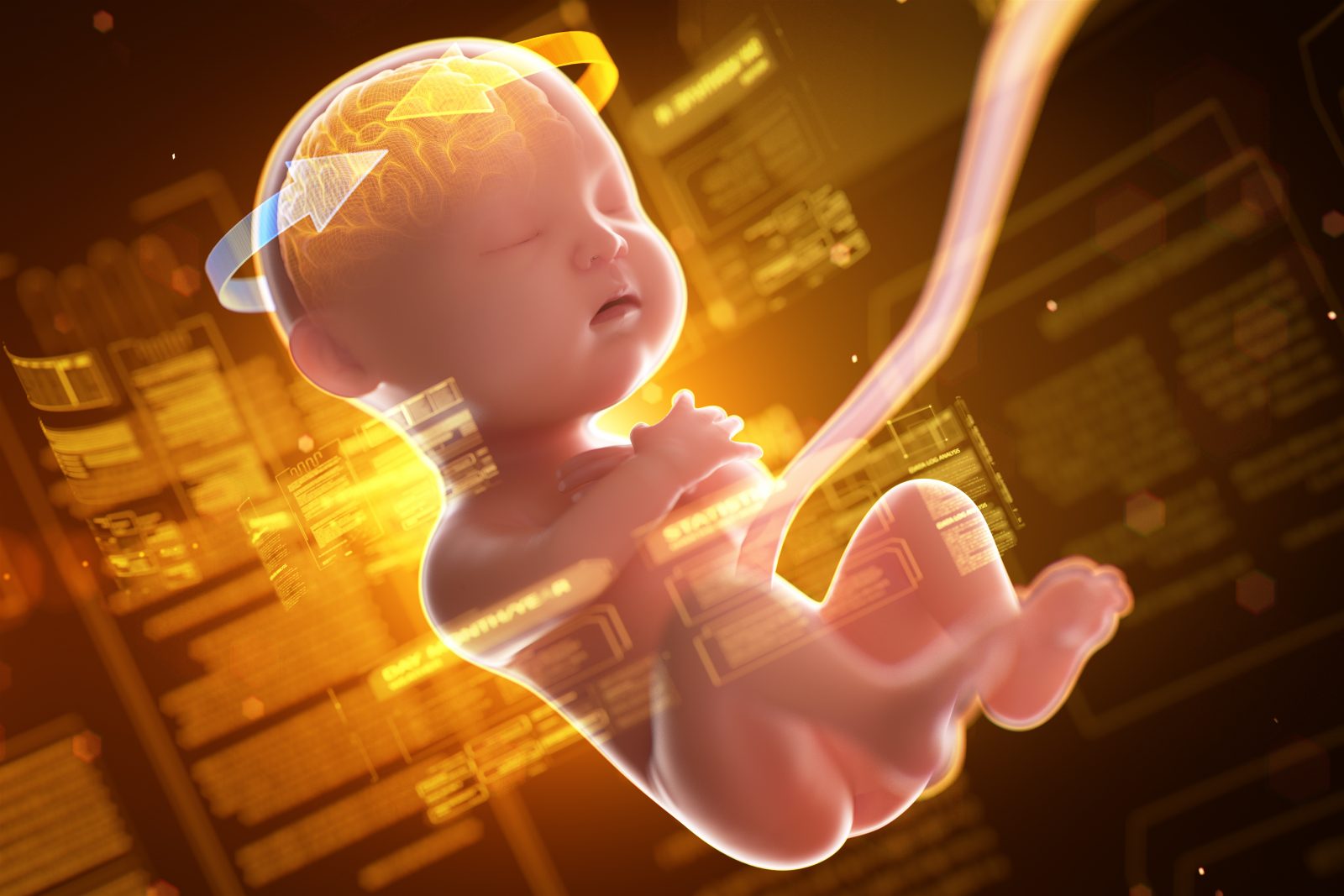
Wesley J. Smith Unpacks Nature Article about Alarming Gene Editing
On today’s ID the Future, bioethicist Wesley J. Smith explores a recent article in the journal Nature, “The Alarming Rise of Complex Genetic Testing in Human Embryo Selection.” As alarming as that title sounds, Smith says the reality is even worse than the Nature article suggests. Using the breakthrough technology known as CRISPR, scientists are not only altering the genes of a given creature, including humans, but are even altering the creature’s germline. This threatens to permanently alter a species, Smith explains, including the human species. There’s the question of whether we have the right play god in this way, of course. There’s also the practical issue of scientists not really knowing what they are doing yet. A gene identified as having a certain negative effect and therefore targeted for elimination, Smith says, could turn out to also have a positive effect that was only discovered after the gene was eliminated. This precise scenario may have occurred in a case in China involving human beings. Tune in to learn more, and check out Smith’s new podcast, Humanize.Show.
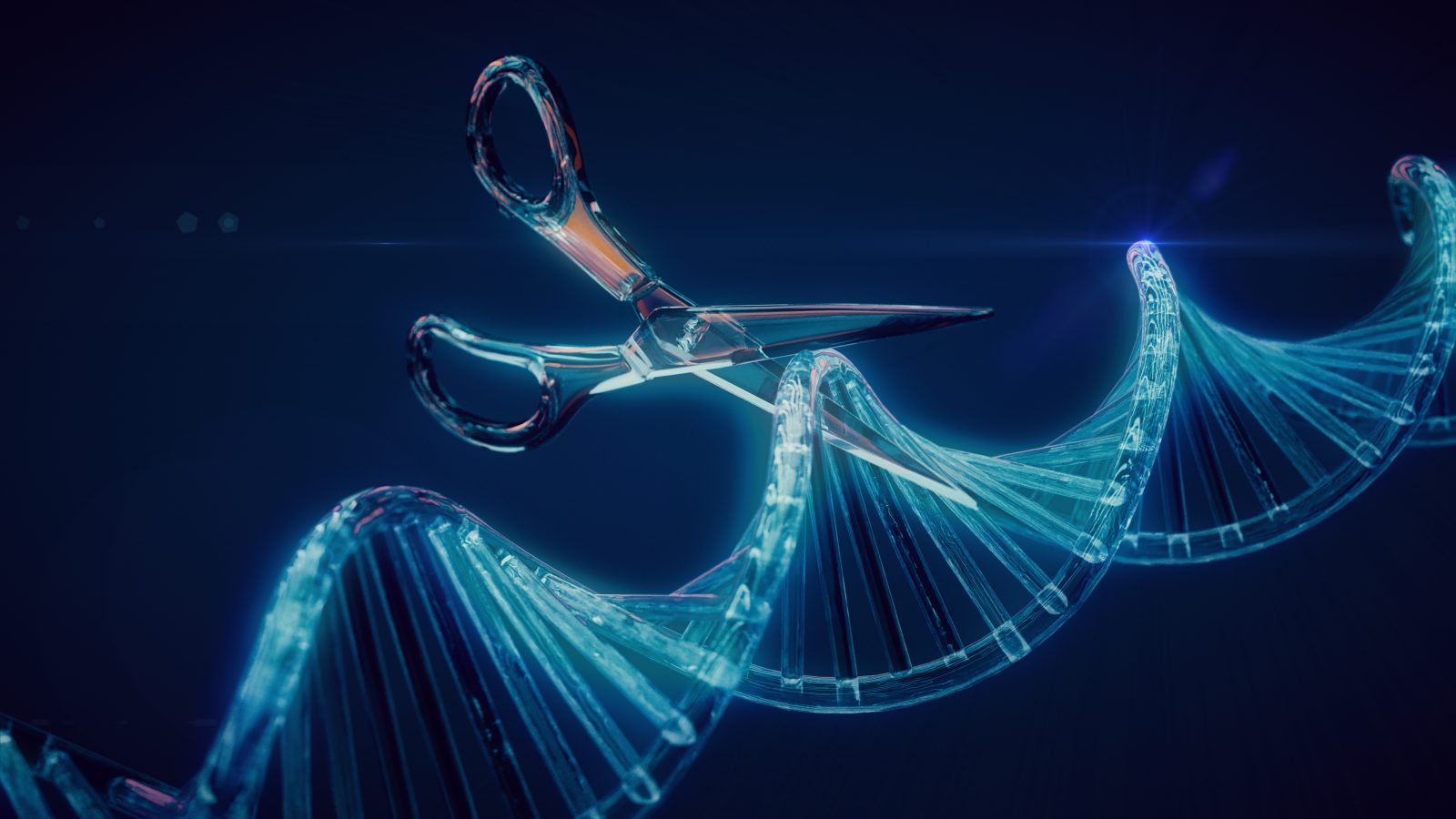
Wesley J. Smith Sounds the Alarm on Germline Genetic Editing
On today’s ID the Future, bioethicist Wesley J. Smith makes the case for passionate opposition to, and stricter bioethical regulations against germline genetic engineering that changes not only the genetics of the subject but also of all that subject’s descendants. He and episode host Casey Luskin discuss germline genetic editing in China, the brouhaha that ensued when the experimental work by He Jiankui came to light, and why Smith is convinced that China’s disapproving response is less than it appears on the surface. He’s convinced, he explains, that the Chinese government wasn’t upset that the Chinese scientist conducted the experiment. They surely knew about his work and allowed it, Smith says. Rather, they and the scientific establishment internationally were upset that Jiankui went public before the public had been softened up to embrace germline genetic editing with lots of talk about how it will save lives. Smith argues the health benefits being pursued can be achieved without permanently altering the germlines, and he warns of a brave new world of eugenics pursued using CRISPR technology and germline editing. As he explains, it’s not just that germline editing could lead to unintended health consequences, or that such changes could work their way into the human population long term. It’s also that the eugenics mindset driving much of this experimental work threatens to undermine the foundational belief that all humans possess inherent dignity and worth, not just those humans who are genetically edited and enhanced. The occasion for the conversation is Smith’s bioethics chapter in the recently released anthology from Harvest House Publishers, The Comprehensive Guide to Science and Faith.

No, Scientists Should Not Rule
On this new episode of ID the Future, The Price of Panic co-author and philosopher Jay Richards hosts bioethicist Wesley J. Smith to discuss a Tweet from Physics-Astronomy.org. The Tweet read, “Imagine a world ruled by scientists, not politicians.” The drift of the Tweet was, wouldn’t rule by scientists be wonderful! Smith immediately threw up a great big “Don’t go there” sign at the Epoch Times. As Smith and Richards emphasize, such an approach to governance would be disastrous, and would actually be anti-science. It would tend to corrupt the practice of science, thrust scientific specialists into positions calling for generalist skills, and further the arrogant mistake that is scientism—the view not only that nature is all there is, but also that science is the be all and end all of human wisdom. As Richards and Smith go on to emphasize, political leaders definitely should have the humility to take into account scientific insights; it’s just that they shouldn’t stop there. They also have to factor in insights from economics, law, ethics, and other fields. Richards and Smith use the response to the coronavirus pandemic as a case in point. Smith’s latest book is Culture of Death: The Age of ‘Do Harm’ Medicine.

Let’s Champion Human Exceptionalism, Pt. 3
On this classic ID the Future, hear more from bioethicist Wesley J. Smith about The War on Humans. In this episode of the series, hear about the legal movement to establish legal rights for animals, and even plants. Smith examines the meaning of the term “personhood” and its implications for human rights.
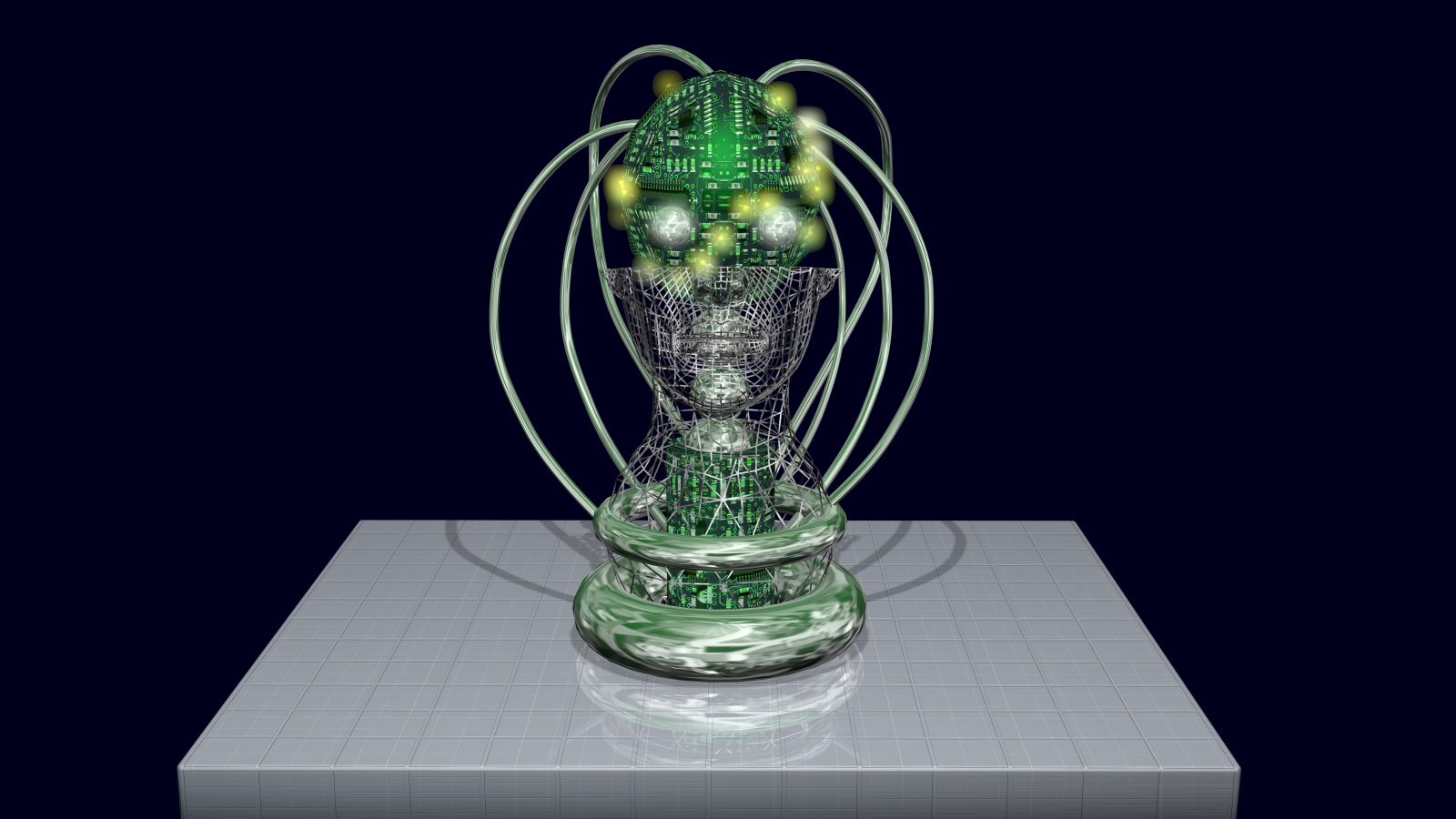
Wesley J. Smith on the Transhumanist Wasteland
On this episode of ID the Future, Emily Kurlinski interviews bioethicist, author, and Discovery Institute Senior Fellow Wesley J. Smith on transhumanism. It’s a technology-driven anti-aging effort to create a post-human species with advanced intelligence, brain-computer interfaces, and even immortality. Built on zeal and desperation to defeat death, it’s a quasi religion, except with no plan or apparent interest in cultivating a more wise and loving human species — which, Smith argues, makes it more dangerous than it might at first appear.
Canada: Physician-Assisted Suicide Devolves to Physicians Being Forced to Commit Homicide
On this episode of ID the Future, bioethicist Wesley J. Smith exposes the horror of “Medically Assistance in Dying” (MAi/D) in Canada. Worse than physician-assisted suicide, this is medical homicide. Hospitals are even advertising it. Doctors in at least one province have no choice but to be complicit in these killings, or else leave their specialties or even quit medicine altogether. Will MAiD come to America, too?
Wesley J. Smith on Human Cloning Hidden under Jargon
On this episode of ID the Future, bioethicist Wesley J. Smith speaks with host Dean Abbott about the arrival of human cloning. While significant barriers remain that will slow its development as far as human-cloned babies and adults, ethical constraints still depend only on scientists’ restraint — a “thin reed to stand on.” Human cloning research is underway even now, under cover of scientific jargon to obscure what’s going on, Smith says. Are we ready for this? Please consider donating to support the IDTF Podcast.

Wesley J. Smith: Human Cloning, Human Exceptionalism, Human Rights (and Wrongs)
On this episode of ID the Future, Dean Abbott hosts Discovery Institute Senior Fellow Wesley J. Smith in a conversation about human cloning, human exceptionalism, and human rights. Smith explains some of the reasons behind the drive toward human cloning, and places the error of that thinking in historic context of some of the worst ethical mistakes humans have made down through history. It’s all about forgetting who we are as human beings.
Read More ›